Loans come in different sizes and sizes, ranging from reasonably simple loans between friends or family members to more complex people like auto, payday, and student loans. Banks, credit unions, and others borrow money for essential items like a car, house, or student loan. Other loans, such as small business loans and people from the Department of Veterans Affairs, are available only for specific groups of people.
Regardless of the type of loan, every state and federal guideline is regulated to protect the consumer from corrupt practices like excessive interest rates. Also, the length and default conditions of the loan should be detailed to avoid confusions and potential legal action. If you need money for an important thing or to make your life more manageable, it is useful if you know the type of loan may be available to you. Let’s take a look:
1. Student loan
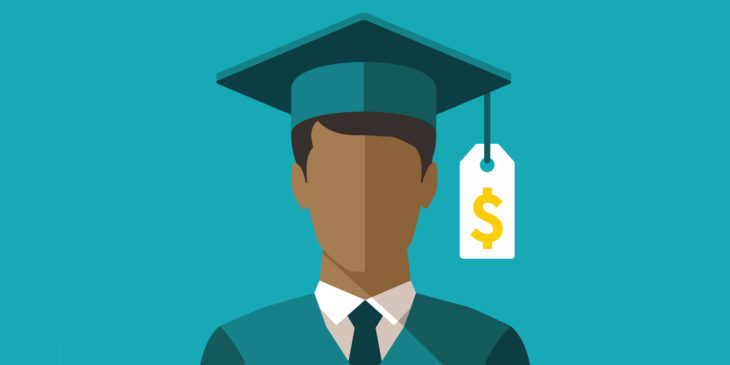
Private student loans help bridge the gap between the actual cost of your education and federal student aid that you receive. Banks, credit unions, and other types of lenders all issue private student loans, and do not require completion of the FASFA (the borrower will have to fill out a self-certification form). Interest rates, loan limits, terms, and conditions, are set by the lender—not by the federal government.
Your ability to qualify for a loan, the amount borrowed, and the terms and conditions associated rely on a number of different factors, which can include your credit history, whether or not you have a co-borrower, your co-borrower’s credit history, and your choice of school or course of study.
2. Personal Loans
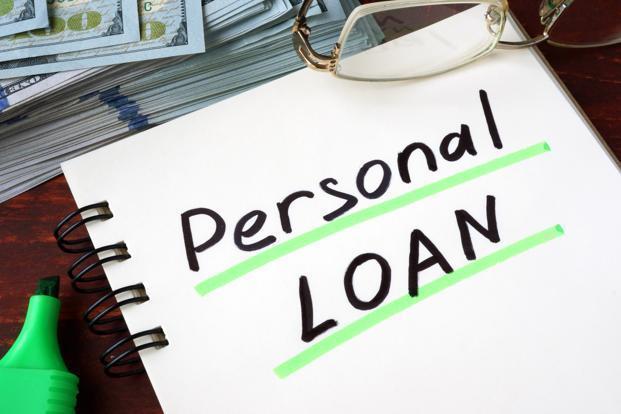
Personal loans are any expenses that can be used for you, and they do not have a specific purpose. This makes them a good option for people with outstanding debt, like credit card debt, who want to reduce the interest rates by moving the balance. Like other title loans , the terms of this loan depend on your credit history.
3. Small Business Loans
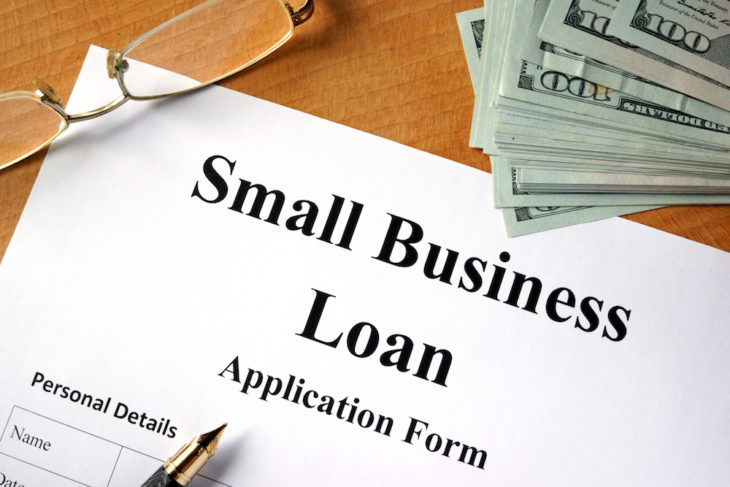
Small business loans are given to those who wish to start or expand their business. According to experts from Slim Cash Loans, the best source of these loans is for US Small Business Administration or the SBA. This provides a wide range of options which will depend on the business needs of the borrowers.
4. Payday Loans
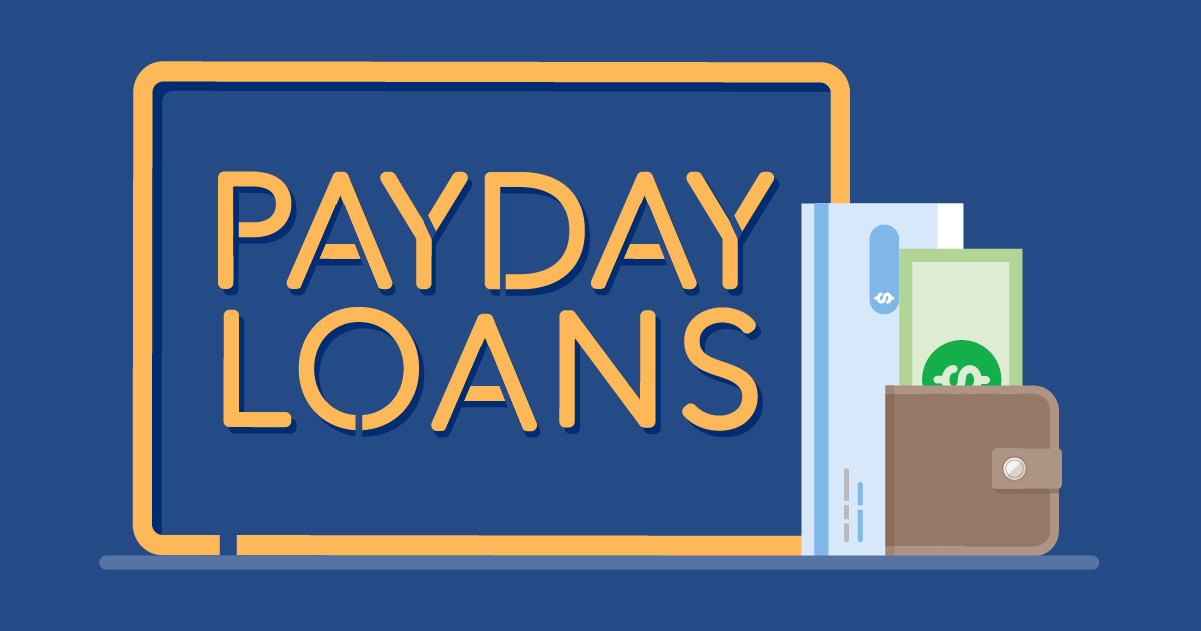
Payday loans are used to bridge the gap to a short-term loan with high interest from one salary to the next. This is usually used by repetitive borrowers who live paycheck for a paycheck. Once you take out this loan, you will need to get it back once you get your next paycheck.
5. Auto Loan
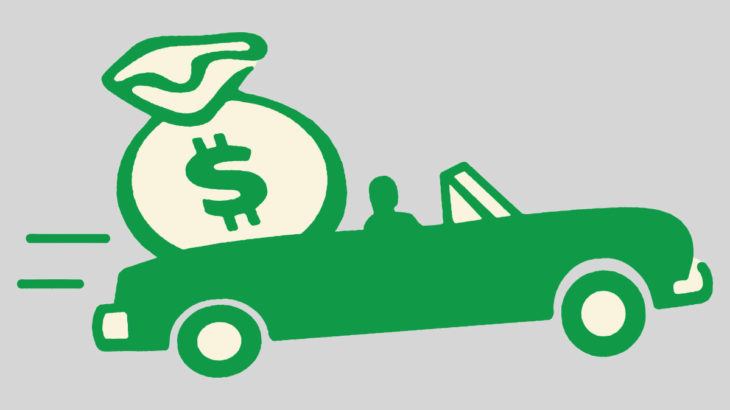
Auto loans are tied to your property, and they can help you buy a car. However, you have the risk of losing the vehicle if you miss one or more payments. This type of loan can be given by a car dealership or by a bank, however, while the loan on a car dealership is more convenient, they can be a high-interest rate, and in the end, you will be spending more. Therefore, if you are looking for an auto loan, then it is better to get it in the bank.
Conclusion
Whenever you decide to get a loan – whether it is for buying a house or car, or just paying your bills – make sure you understand and read the contract thoroughly. Know what the loan you are receiving, as well as if it will be tied to any of your luggage. Keep in mind that you should be familiar with the repayment terms, such as what your monthly liability will be, how long you have to pay the loan, and if you miss the payment, what are the outcome? If no part of the contract is clear to you, do not be afraid to ask for adjustment or clarification.





























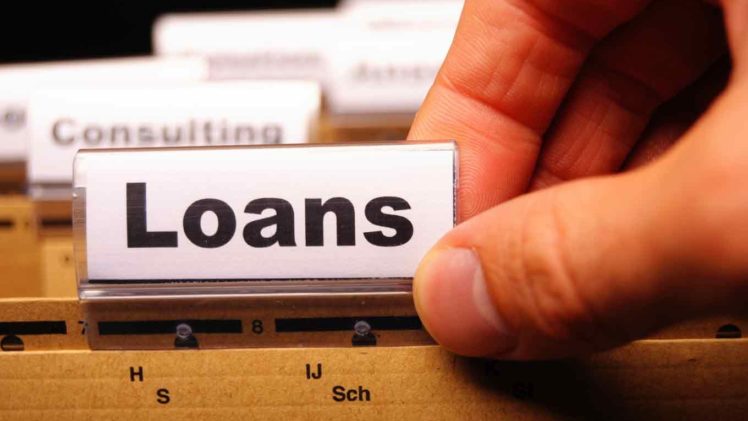






















Discussion about this post